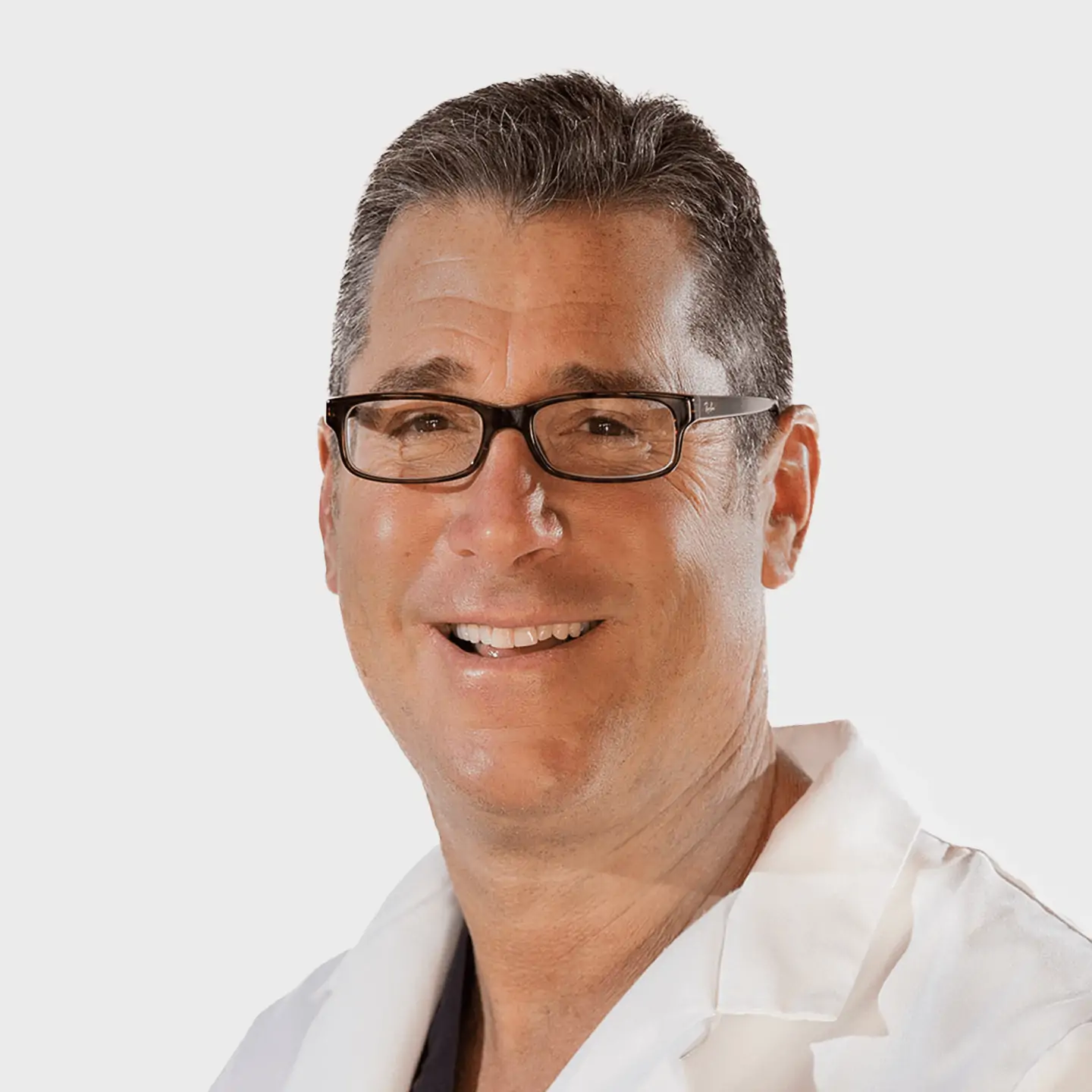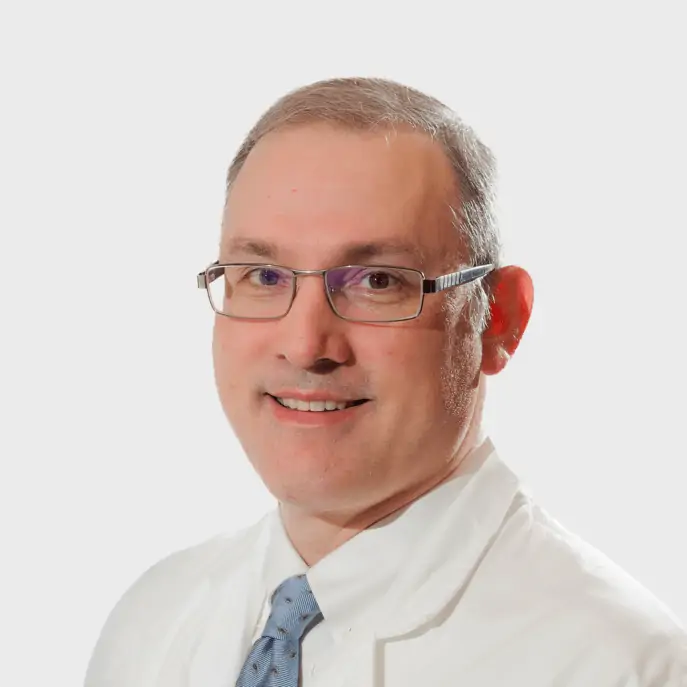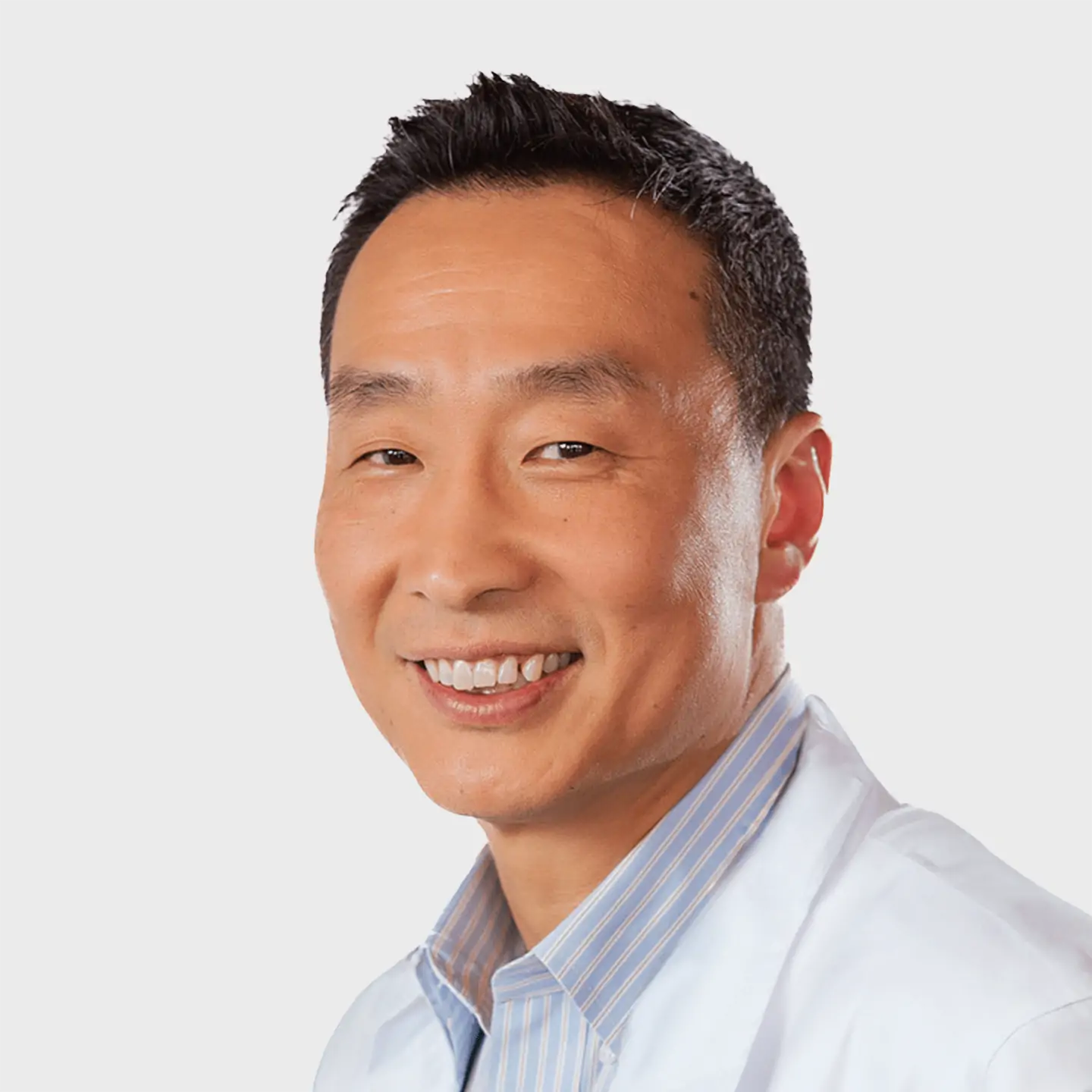Comprehensive Care for Neck and Back Pain
Middlesex Orthopedic & Spine Associates leads the region in treating neck and back pain. We have the latest treatments for disk problems, nerve pain, and other spine conditions and injuries. We treat all areas of the spine:
- Cervical (neck)
- Thoracic (upper back)
- Lumbar (low back)
- Sacral (just above the tailbone) and sacroiliac (joint between spine and pelvis) pain.
We offer nonsurgical and surgical care including therapies and minimally invasive procedures that help you move better. Back pain can interfere with every area of your life. We’re here to help you get your life back.
Why Choose Middlesex Orthopedic & Spine Associates for Spinal Care?
We’re known in the region as the premier practice for spine care. We get to know people personally, so that we can tailor your treatment to your goals. We offer:
- Fellowship-trained surgeons: Our spine surgeons have the highest level of training in both surgical and nonsurgical treatment. Though many people who seek care won’t need surgery, they still benefit from our spine expertise.
- Nonsurgical spine care expertise: A physiatrist or physical medicine and rehabilitation specialist works with you to maximize physical function and eliminate pain. We offer a range of nonsurgical options (including spinal injections) to help improve your neck and back pain.
- Latest advancements in treatment: We offer cutting-edge therapies and newer, less invasive surgical techniques that help you heal faster. Our surgeons also perform robotic assisted surgery when appropriate.
- Convenience every step of the way: We have multiple locations that offer physical therapy close by. We do everything we can to help you navigate the treatment and recovery process.
Spine Conditions We Treat
We treat both children and adults with spinal conditions such as:
- Ankylosing spondylitis, a type of arthritis that causes inflammation in the spine.
- Degenerative disk disease
- Herniated or bulging disk
- Nerve pain
- Osteoporosis
- Sciatica, or pain down the back of the leg.
- Spinal curvature problems, such as scoliosis and kyphosis.
- Spinal stenosis, a narrowing of your spinal column.
- Spondylolisthesis, when one of your vertebrae slips out of place.
- Spondylolysis, a stress fracture of the spine.
Treatments for Back and Neck Pain
When we can, we start with conservative treatments, such as:
- Medications (oral or topical) to reduce pain, inflammation, or swelling.
- Injections that relieve pain, such as epidural steroid injections, facet injections and sacroiliac injections.
- Physical and water therapy and rehabilitation. Working with our physical therapists can help reduce pain and improve mobility. For many people, PT alone can help them get back to activities they enjoy.
Spinal Surgeries We Perform
Some injuries and conditions need more intervention, including surgery. Common procedures include:
- Correcting spinal curvatures: Surgery is often the best option for conditions like scoliosis and kyphosis if the curve is large enough.
- Disc replacement: Replacing a damaged disc with an artificial one helps relieve pain while preserving normal motion.
- Micro Discectomy: Removing all or of part of a disc that’s bulging.
- Minimally invasive spine surgery: This type of surgery uses smaller incisions than traditional (“open”) surgery. We use this approach whenever we can because people heal faster.
- Spinal decompression surgery: A surgery that reduces the pressure on the spinal cord from discs or nerves pushing against it.
- Spinal fusion: Connecting two or more bones in your spine, so that they act as a single bone.
We treat both children and adults with spinal conditions such as:
- Ankylosing spondylitis, a type of arthritis that causes inflammation in the spine.
- Degenerative disk disease
- Herniated or bulging disk
- Nerve pain
- Osteoporosis
- Sciatica, or pain down the back of the leg.
- Spinal curvature problems, such as scoliosis and kyphosis.
- Spinal stenosis, a narrowing of your spinal column.
- Spondylolisthesis, when one of your vertebrae slips out of place.
- Spondylolysis, a stress fracture of the spine.
When we can, we start with conservative treatments, such as:
- Medications (oral or topical) to reduce pain, inflammation, or swelling.
- Injections that relieve pain, such as epidural steroid injections, facet injections and sacroiliac injections.
- Physical and water therapy and rehabilitation. Working with our physical therapists can help reduce pain and improve mobility. For many people, PT alone can help them get back to activities they enjoy.
Some injuries and conditions need more intervention, including surgery. Common procedures include:
- Correcting spinal curvatures: Surgery is often the best option for conditions like scoliosis and kyphosis if the curve is large enough.
- Disc replacement: Replacing a damaged disc with an artificial one helps relieve pain while preserving normal motion.
- Micro Discectomy: Removing all or of part of a disc that’s bulging.
- Minimally invasive spine surgery: This type of surgery uses smaller incisions than traditional (“open”) surgery. We use this approach whenever we can because people heal faster.
- Spinal decompression surgery: A surgery that reduces the pressure on the spinal cord from discs or nerves pushing against it.
- Spinal fusion: Connecting two or more bones in your spine, so that they act as a single bone.
Physicians

- Spine
Practicing in:
Middletown
- Spine
Practicing in:
Middletown, Marlborough, Newington, and Westbrook
- Spine
Practicing in:
Middletown, Westbrook, and Hebron



